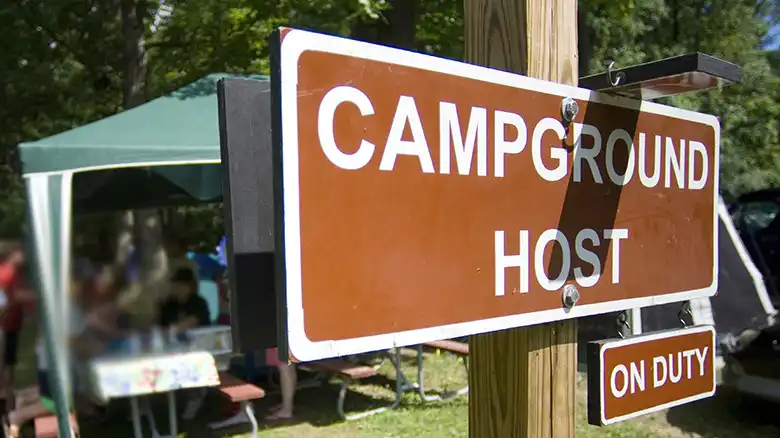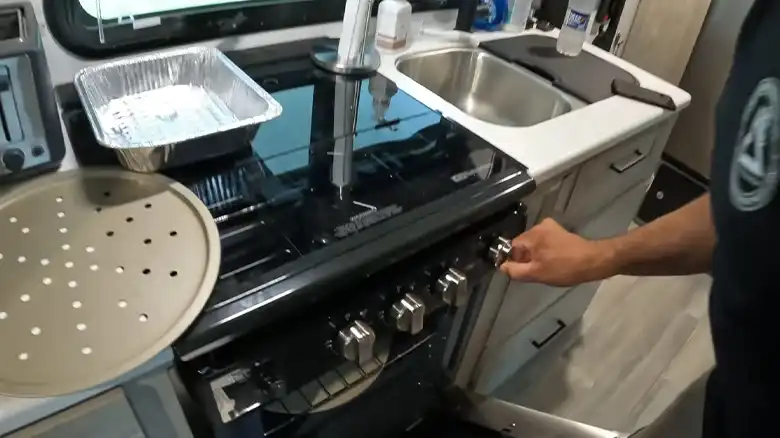Choosing the right recreational vehicle (RV) is a significant investment that requires careful consideration of various factors, including brand reputation, build quality, features, and value. In this comprehensive article, we will compare two of the leading RV manufacturers, Jayco and Forest River, to help potential buyers make an informed decision.
Comparing brands is crucial when purchasing an RV, as it allows you to evaluate factors such as construction quality, design, amenities, and long-term ownership costs, ensuring you choose the best option for your needs and budget.

Company History: Jayco vs Forest River Origins
Jayco was founded in 1968 by Lloyd Bontrager and has become synonymous with high-quality construction and livability innovations in the RV industry over their 50+ year history. Today, Jayco employs skilled Amish craftsmen at their Middlebury, Indiana headquarters and operates multiple manufacturing plants, producing around 130,000 RVs per year. The company is still family-owned and operated.

Forest River, on the other hand, was founded more recently in 1996 by Peter Liegl. The company has expanded rapidly to become one of the industry’s largest manufacturers, producing over 500,000 units across 150,000 square feet of factories based primarily in Indiana. Forest River is owned by Berkshire Hathaway, Inc., which acquired the company in 2005.
Product Lineup: Which RV Brand Offers More Variety?
Both Jayco and Forest River offer a diverse range of RV products, including travel trailers, fifth wheels, toy haulers, and motorhomes.
Jayco’s popular lines include the Jay Feather, Pinnacle, White Hawk, and Octane Toy Hauler.
Forest River’s well-known lines include the Wildwood, Salem Hemisphere, Rockwood Mini Lite, and Cherokee Grey Wolf.
Build Quality & Construction: Durability and Design Differences
Both Jayco and Forest River utilize aluminum framing, laminated walls and roofing, and similar construction techniques. However, Jayco’s immaculate fit and finish, along with attentive detailing, give them an edge that helps maintain strong resale values.
Forest River, on the other hand, optimizes for production volumes rather than craftsmanship, although for most buyers, the build quality meets expectations.
Quality Testing: How Jayco and Forest River Stack Up
When it comes to testing procedures, Jayco conveys extensive details on materials sourcing and conducts multi-point inspections with transparency to buyers throughout the process.
Forest River also batch tests units from each plant at centralized pre-delivery inspection sites but provides less visibility to consumers on testing specifics.
Frame Construction: A Look at Jayco vs Forest River’s Strength
Jayco employs frames like the Norco NextGen and patented Magnum Truss XL6 reinforced roofing capable of supporting 4,500 lbs, along with high-performance Climate Shield insulation (0°F – 100°F rating).
Forest River relies on sturdy aluminum framing and robust laminated roofing matching competitors but avoids the custom reinforcements seen with Jayco.
RV Design & Floorplans: What’s Inside Jayco and Forest River Models
Jayco’s design philosophy focuses on maximizing livability and functionality, with a variety of floorplan options tailored for different needs. Their interiors feature high-quality finishes, ample storage spaces, and well-thought-out layouts that enhance the overall camping experience. Exterior styling is modern and visually appealing, with aerodynamic profiles and attention to detail.
Forest River also offers a wide range of floorplan options, with a particular emphasis on multi-slideout designs that maximize living space, making them popular with families. Their designs prioritize spaciousness and versatility, often incorporating innovative features and layouts to accommodate various lifestyle needs.
Features & Amenities: A Closer Look at Comfort and Convenience
Jayco is known for incorporating a wide range of standard and optional features across their product lines, catering to the needs of discerning RV enthusiasts. From advanced insulation systems and reinforced framing to premium appliances and entertainment systems, Jayco models are packed with amenities that enhance comfort and convenience on the road.
Forest River’s offerings also include a variety of features and amenities, with a focus on providing value-oriented options that appeal to a broader range of buyers. While their standard features may not be as extensive as Jayco’s, Forest River does offer customization options during the ordering process, allowing buyers to tailor the interiors to their specific style and preferences.
Pricing & Value: Getting the Best RV for Your Budget
When it comes to pricing, Forest River offers more budget and mid-range price points, reflecting their production volume advantages. This allows Forest River buyers easier entry into RVing, with the capability to splurge on luxurious fifth wheels and high-end Class A diesel pushers if desired.
Jayco, on the other hand, focuses more on feature-packed conventional travel trailers and lighter-duty models, with pricing that reflects their quality crafted products. While Jayco’s MSRPs are generally higher than Forest River’s, both brands ultimately sell for less than MSRP, and Jayco’s attention to detail and craftsmanship often provide better value for money in the long run.
Customer Satisfaction & Warranty: Jayco vs Forest River Support
Jayco offers an exceptional warranty of up to 2 years, compared to the Forest River standard 1-year warranty. Both brands include 1 year of roadside assistance. Jayco also edges out on customer satisfaction scores for their dealership network, according to surveys.
Most buyers consider both brands satisfactory in terms of warranty and customer service, but Jayco’s longer warranty and higher satisfaction ratings give it an advantage in this area.
Resale Value & Longevity: Which RV Holds Its Worth Better?
When it comes to resale value and longevity, Jayco’s focus on quality construction and attention to detail often result in their RVs retaining their value better over time. The use of reinforced framing, high-performance insulation, and premium materials can contribute to a longer lifespan and lower long-term ownership costs.
Forest River’s RVs, while still offering solid construction and reliability, may not hold their value as well as Jayco’s in the long run. However, their more affordable pricing can offset some of the potential resale value differences, making them a more budget-friendly option for those who plan to upgrade more frequently.
Final Verdict
For shoppers prioritizing luxury touches, peak construction worthy of full-timing, and maximizing resale value, Jayco takes the crown. If you’re seeking a spacious fifth-wheel or diesel motorhome with abundant floorplan options and customization possibilities, Forest River holds its own against the competition.
Jayco’s strengths lie in its exceptional craftsmanship, innovative features, and attention to detail, which translate into a more premium ownership experience and better long-term value retention. However, this quality comes at a higher price point.
Forest River, on the other hand, excels in providing a diverse range of budget-friendly and value-oriented options, making RVing more accessible to a broader audience. While their build quality may not match Jayco’s standards, Forest River delivers reliable and functional RVs that cater to various lifestyle needs.


